Prior to his recent seven-week training stint to Iten – a rural village in Kenya which is billed as the “home of marathon champions”, national marathoner Soh Rui Yong, 24, admitted that he had absolutely no idea what to expect when he had got there, or what he was getting himself into.
Soh had wanted to train himself to run at altitude, as a way to improve his timings – to increase his chances of qualifying for the Marathon at the Rio Olympics this year.
Added Soh, a professional distance runner, “It was just about not getting my hopes too high because I knew that I was obviously not going to be as comfortable as what I am used to in Singapore and the States.”
He added “I just went in with an open mind, with the aim of immersing myself into the culture and figuring out how to best fit in with the locals there.”
Kampong spirit is strong in Kenya
And when he had got there, Soh found that he had been able to fit into the Kenyan culture quite well, thanks to the warm and welcoming spirit of the local people there.
Said Soh “The kampong spirit is really strong in them. I liked that because in other parts of the world, the good runners tend to be a little stuck up and they do not welcome outsiders who wish to join them for training. But in Kenya the runners are all very welcoming to newbies and they train together very well. You can be literally from anywhere in the world but if you wish to join their group for training then they are more than happy to welcome you for training runs – I think this is a really good attitude.”
He added “It is easy to see how they are able to produce some of the best runners in the world – they are so humble and hardworking when it comes to training, and when they run races they really believe that they can do anything – it is that self belief and positive mindset that they have in themselves, that enables them to do really well.”
Kenyans work and train very hard
Though Kenyans may not have the wealth or technology that people from more developed countries take for granted, Soh feels that their attitude towards their running is admirable.
Explained Soh “Kenyans do not have as much wealth or technology as we have in modern societies but that does not stop them from working really hard. For example some of them are struggling to find out how they are going to pay for their food or rent next month and they are simply cutting it out till they have the chance to run well and make it big. In Kenya though, it is also possible to survive comfortably on $100 per month but that is not possible in Singapore or the United States.”
Soh also feels that the Kenyan runners are very patient people compared to what he has encountered amongst runners living in more developed societies.
He explained “When it comes to injuries or training sessions, they are very patient and positive. They know that they can run fast – and it may not happen tomorrow but as long as they keep on grinding it out, they know that they will make it one day.”
They have a structured programme and run by feel
He added “They also do not look at numbers when they run. They run purely based on effort and feel. They have a very structured programme for their running and well. Every day they are running at 6am, 9am and 4pm. I asked them before, why do you run at 6am as it’s so dark and 6.30am would be better. But they do not have answers for that – they just say that it is better to go early.”
Soh also offers insights into the training programme of the local runners at Iten. He said “They do not question the programme that they have for running. Every Monday they do two easy runs. On Tuesdays they do a track session and this is followed by two easy runs on Wednesdays. They do a fartlek and an easy run on Thursdays and every Saturday they do a long run. Sunday is rest day of them. About 85 per cent of the village of Iten follows this training programme and I think it is very interesting to see how all of this falls into place.”
He added “There are not many coaches in Kenya too. Only the best runners there have coaches specific to them – but there are so many athletes there who bond and train together, that this common training programme is often handed down from one generation to the next. They have been doing this for a long, long time and I found it all really insightful.”
It is not only the adults in Kenya who are into running though – according to Soh, the passion for for running also burns strongly in the children.
Added Soh “I also had several experiences with the kids on the street there – when you are running past these kids, they are so happy and excited to see you because you look different to them. They are wondering, who is this white skinned guy running past and they suddenly start shouting and screaming and running alongside you and laughing at the same time. It was a nice experience to be around them and feeling so carefree.”
Kenyans really know how to relax
Regarding the Kenyan lifestyle, it had also opened up Soh’s mind to see how the Kenyans know how to relax – in addition to being able to train and run well.
Said Soh “I would say they really know how to relax! In the States and in Singapore too, given the lifestyle in the two places and the rush to make money, the rat race can make people very stressed about small matters. But in Iten, Kenya, the runners are drinking tea and taking naps in between their runs. They really know how to rest and recover, and to them, running is really like a whole lifestyle and not simply a sport.”
He added “For their recovery runs, they also really know how to recover. They are running at about 6min/km pace or even slower at the start of such runs, and they get faster to maybe 5min/km pace at the end of their recovery runs. Their tempo runs are done at about 3.30min/km pace so there is really a big difference there. They know how to train hard but they also recover well. That is something we should all look into – not every run has to be done at a hard pace. But in Singapore and other Western societies, I know runners who do their recovery runs at 4.20mins/km pace and their tempo runs at 4min/km pace so that is not really recovering as there is not much difference in the pace.”
Soh lived in the High Altitude Training Centre
Soh’s living quarters in Kenya had been quite comfortable – and possibly better than he had initially expected. He said “I was living in a nice place. It was the High Altitude Training Centre and I was given a small room and small bathroom to be shared with a few other runners. There was Internet connection but that was limited. For the most part though it was comfortable enough for me. I had a flush toilet too – and I am not complaining because 90 per cent of the people in Iten do not have that.”
He added “The bed was also quite good, and reminded me of the bunk beds that i had used to stay in when I was doing my National Service (NS).”
Kenyan diet is very interesting
The Kenyan diet too, according to Soh, was also quite enlightening and different to what Soh is normally used to, but he enjoyed it.
Said Soh “Their diet is very interesting. Their main food staple is this thing called Ugali – it’s a form of boiled carbohydrate similar to maize but it looks like mashed potato, and tastes like plain bread. I was eating this for the seven weeks that I was at Iten and it is a great form of carbo because it burns really slowly. I mean, I could eat it the night before and I could still feel the energy from it the next morning.”
He continued “The food there is very natural and healthy, with no added preservatives or chemicals, or that junk that we put in our food in developed societies. After all that is probably because they are a village and they for example, can just get their milk from the cow just across the street, and I think that makes a big impact in terms of their running as well.”
In terms of beverages, Soh also added that the Kenyans drink water or tea to refuel themselves after their runs.
He added “They do not have isotonic drinks here, so they really enjoyed it when I let them try the H-Two-O isotonic drinks. They loved it so much that were in fact, going crazy about it and were like, you have to bring some more when you come back here next time! In fact they even told me that we had to set up a H-Two-O shop here too.”
A Singaporean brand, H-Two-O is one of the companies that is sponsoring Soh on his running journey – along with ASICS, which has just recently signed a deal with Soh.
Takes away fond memories from Kenya
Soh feels that he has taken away some fond memories from his time in Kenya that will set him up well for the next stage of his running career.
Said Soh “I could never have anticipated what I was going to get myself into when I travelled to Kenya, but it was really the best seven week of my life and I really enjoyed myself there.”
He added “What I learnt from simply being there too, is that just living alongside these people really inspires me to achieve much more. Everyone is so positive about what they can do, and what you can do. You train in groups in Kenya and help each other along. I really enjoyed the community spirit and camaraderie.”
Soh added that his time in Kenya has also instilled in him, a new attitude toward his running. He explained, “It definitely woke me up – before I went there I was comfortable in my own zone and doing well in my own running. But after going there, I realise that there are people who are much more talented and hardworking than me but they do not have the chance to shine because the competition there is just so stiff. To many people in Kenya, running is the only way out of the poverty cycle, yet I can do running as a sport and have a lot to be thankful for, in terms of the fundings and sponsorships that have fallen my way. It really makes me treasure what I have here in Singapore.”
He explained, “For example in Singapore, if you can run a 2hour 20minute marathon, then you are a big deal but in Kenya if you run that timing, you are nothing. If I had been born into a society like Kenya, life could be so different for me now. It has definitely inspired me to train a lot harder and push myself more.”
And Soh also feels that every runner, regardless of whether they are amateurs or professionals, should experience Kenya for themselves. He said, “Immersing myself into Kenyan culture has helped me to grow not just as an athlete but as a person. Having seen this part of the world, I have realised how beautiful and charming the town of Iten really is. It is such a lovely place that I would recommend everyone coming down, regardless of whether the trip is for training, or just to get away from it all and have a holiday.”
Soh will be taking this mentality into the London Marathon this Sunday
Soh will be taking this positive mindset and mentality from Kenya with him, to the London Marathon – which he is running this coming Sunday – in his bid to qualify for the Marathon at the Rio Olympics later this year.
However due to a plantar fasciitis injury which he has been battling since late last year, Soh will be approaching London with caution though.
Added Soh, “It is very possible that I start the race and it goes well, or that I may start running and I will have to drop out because my foot is hurting. But I will think positively and take the chance and push through the pain barrier if possible.”
But no matter what happens though, all of Singapore will definitely be behind Soh and will be cheering him on, come Sunday – as he attempts to make local history by becoming the first Singaporean male marathoner to qualify for the Olympics on merit.
All photos courtesy of Facebook/Soh Rui Yong

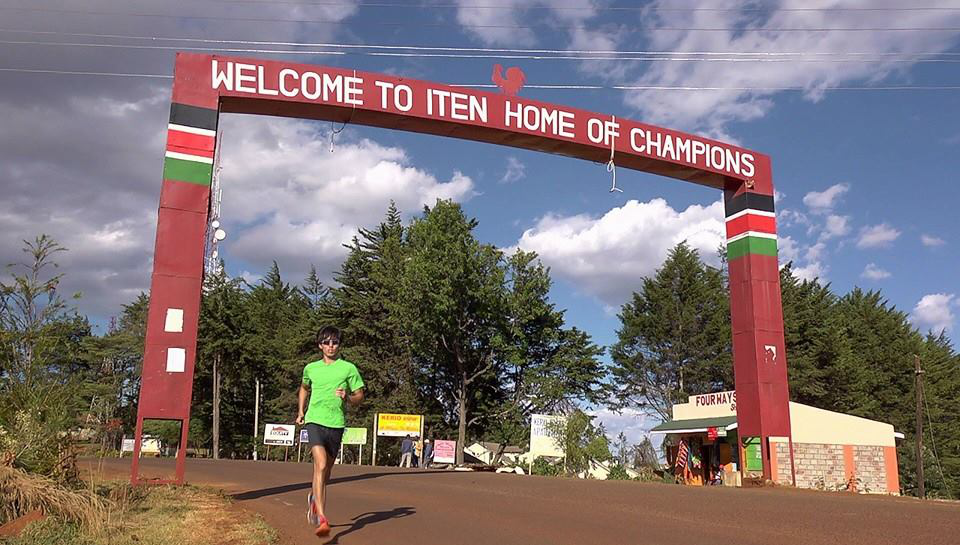
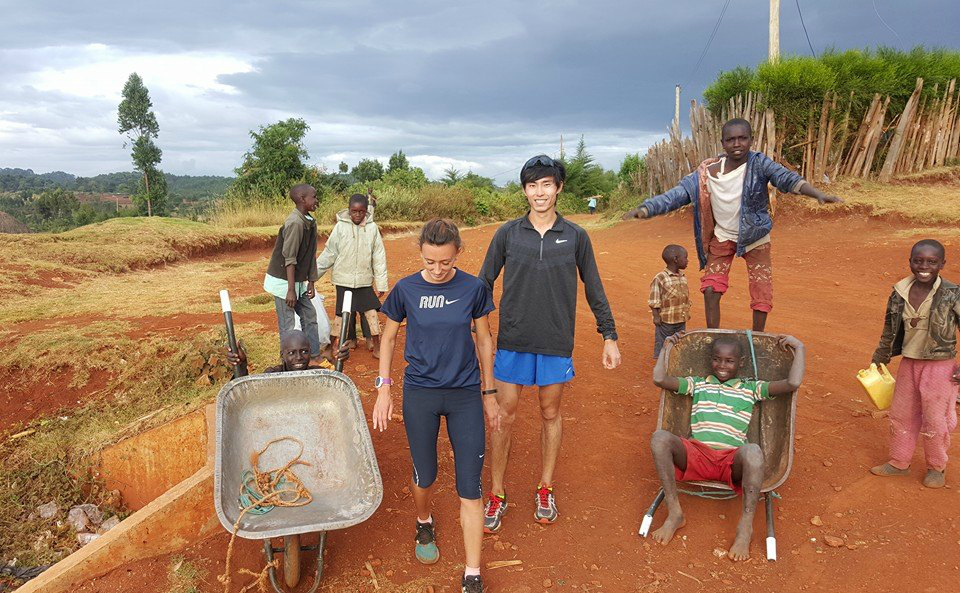
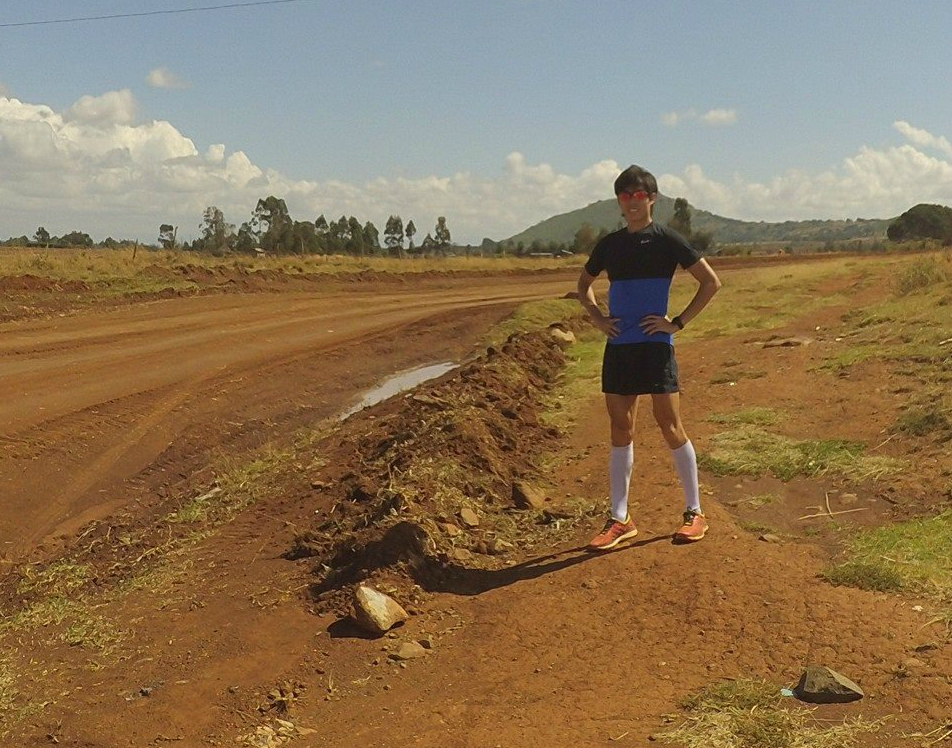
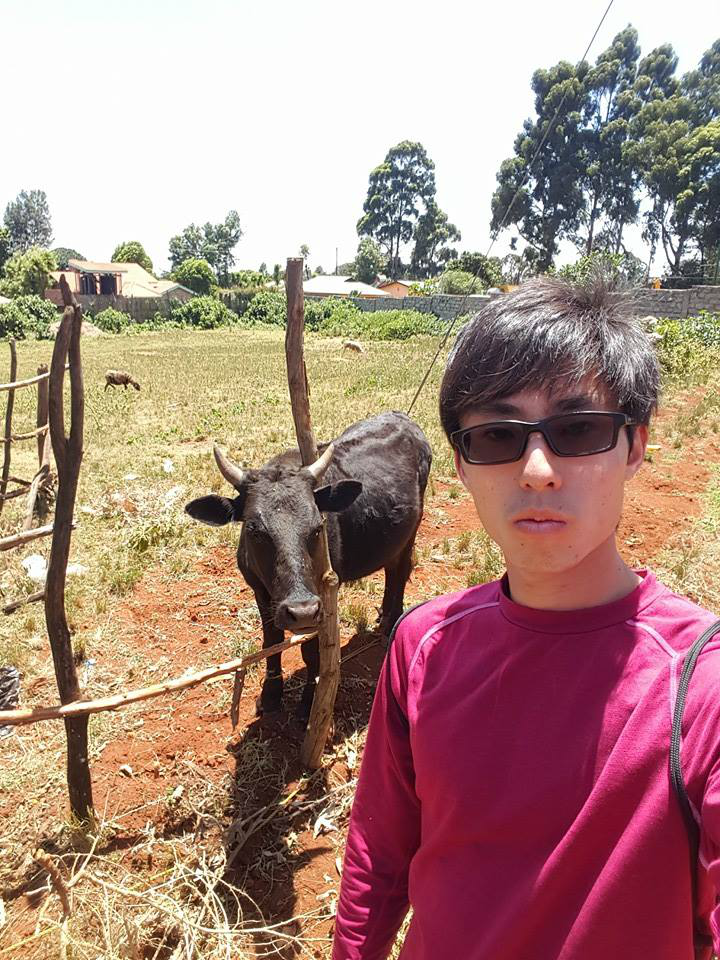
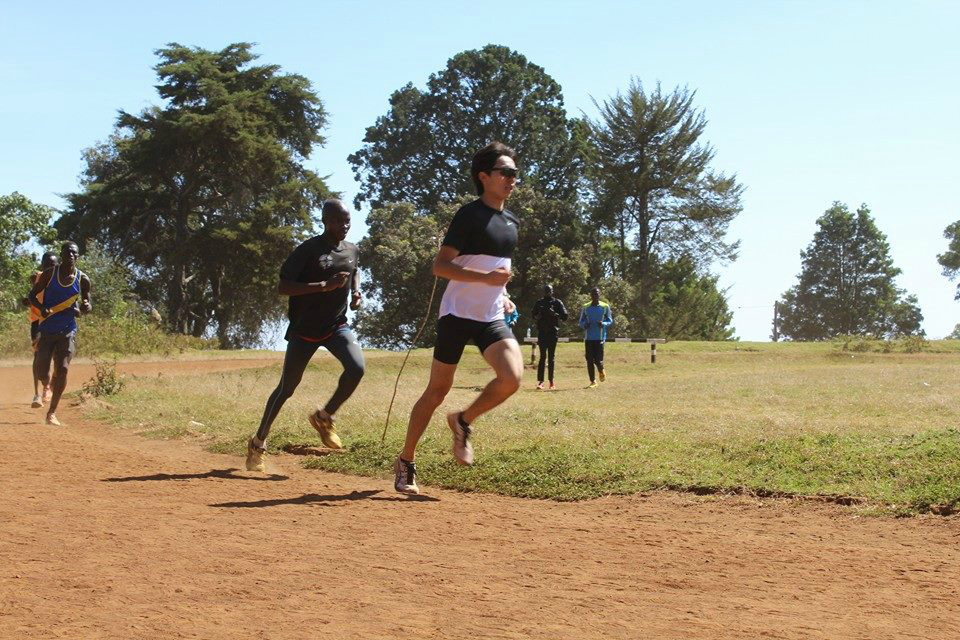
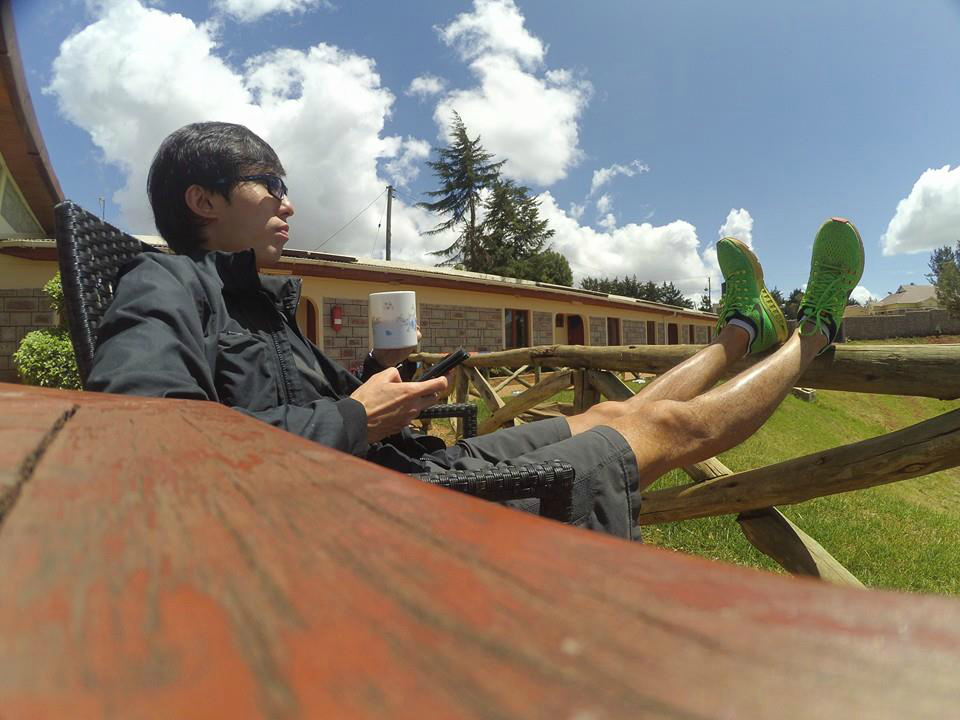
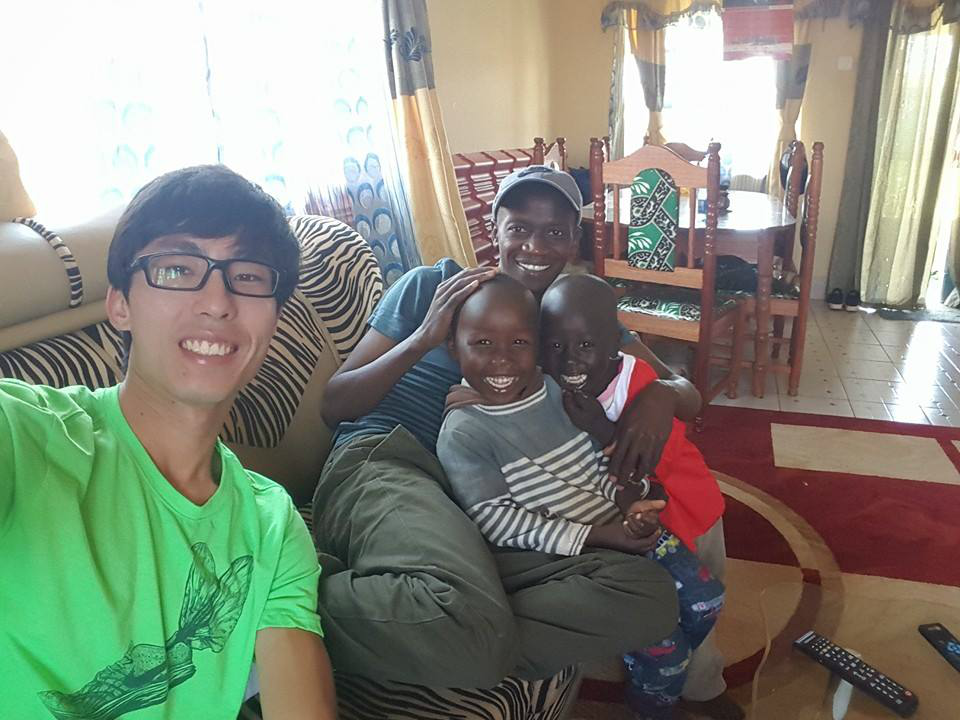
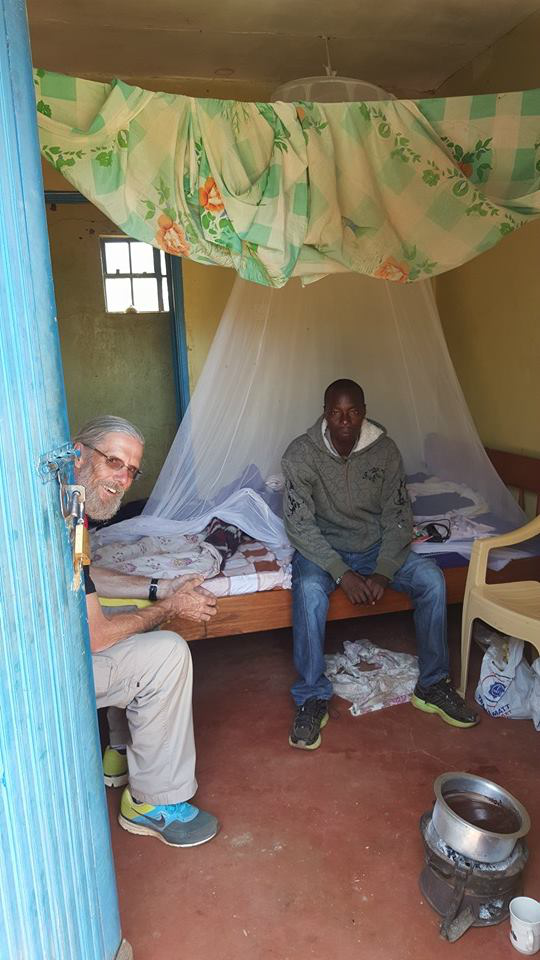
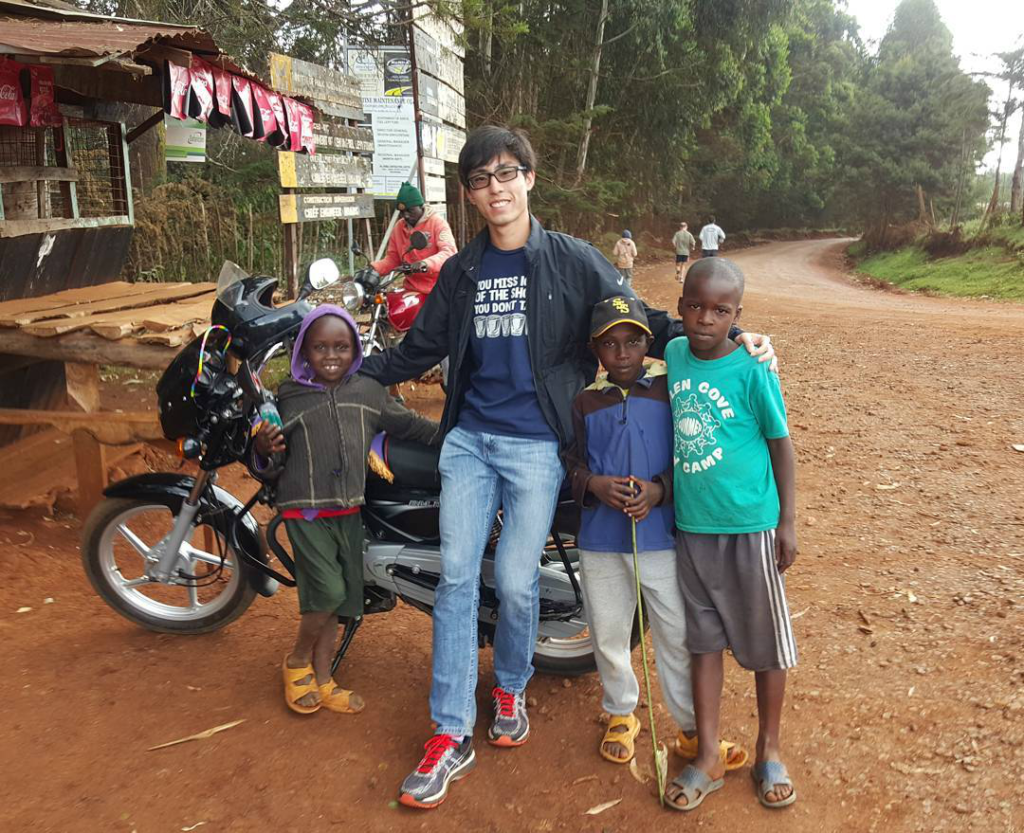
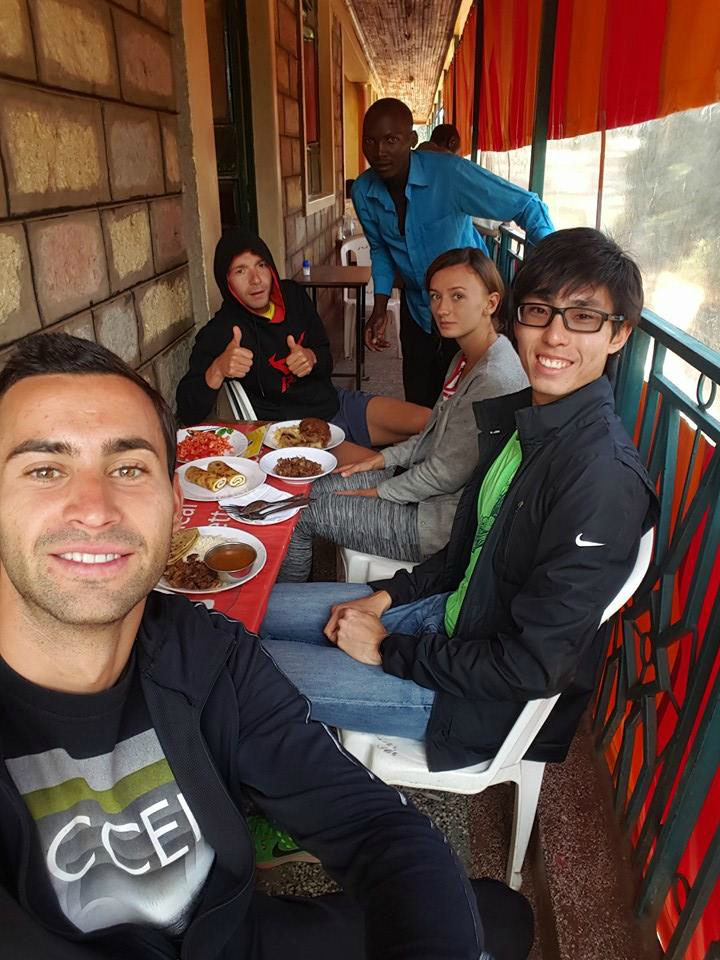
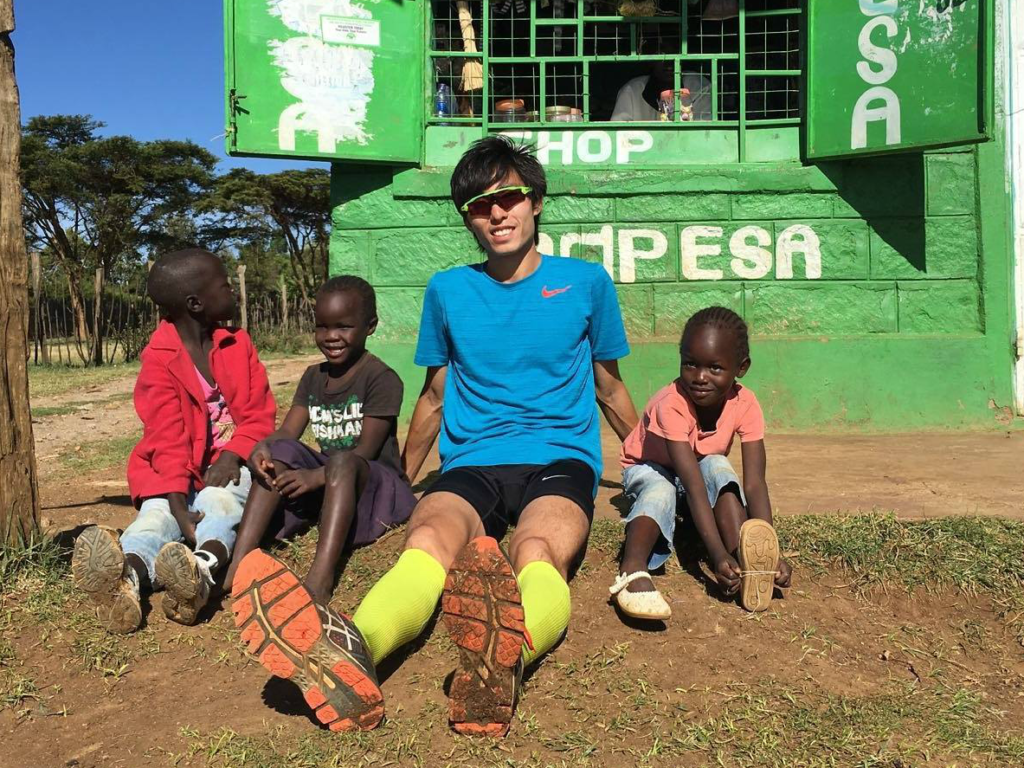
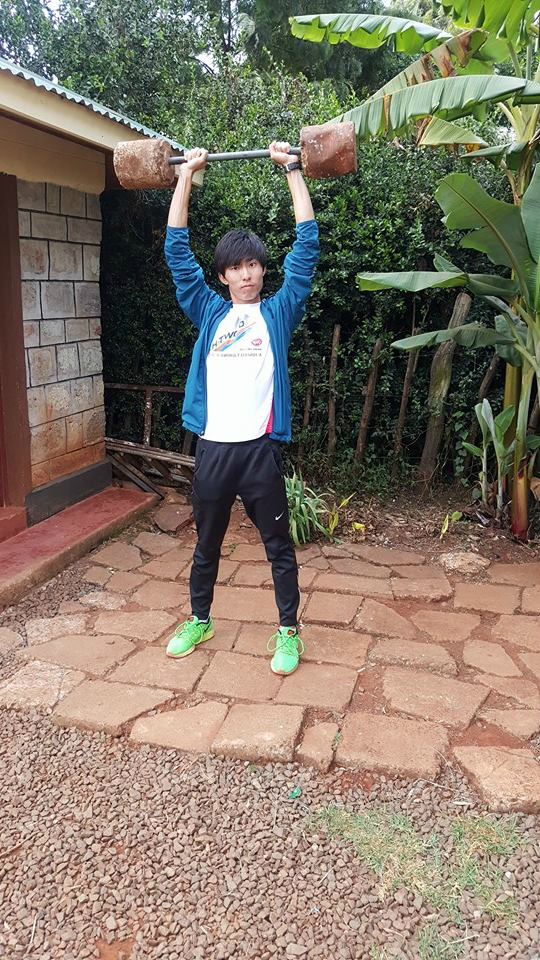
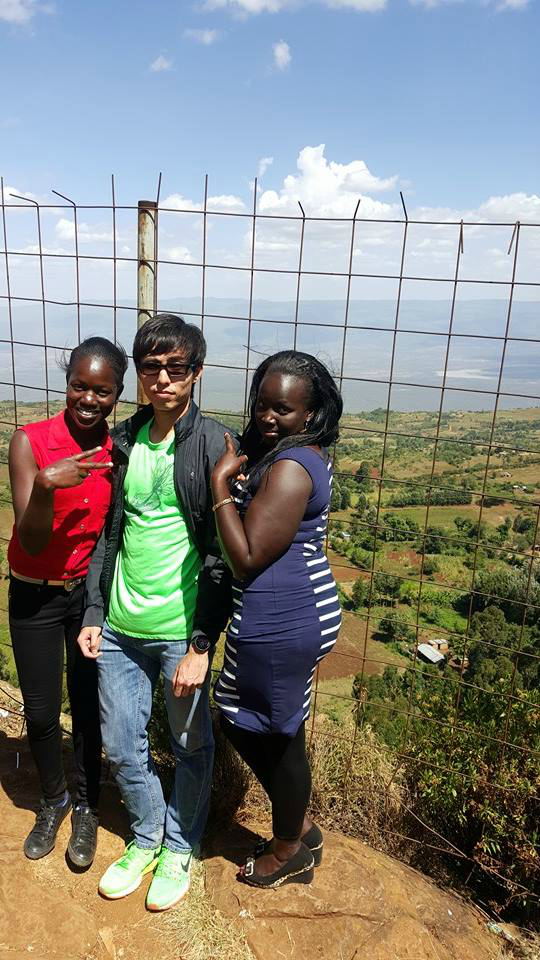
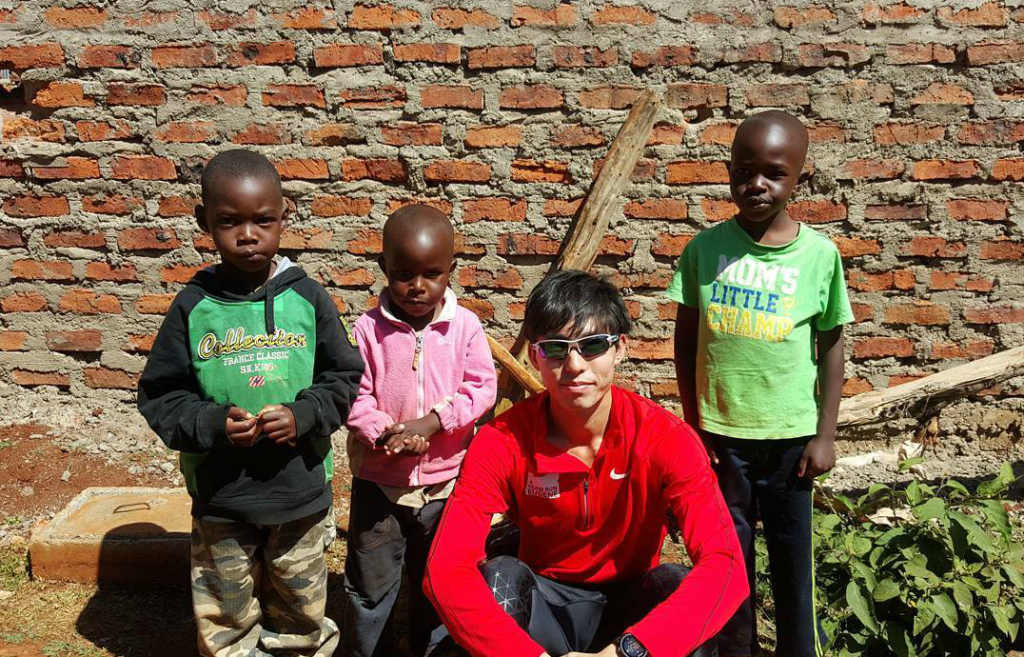
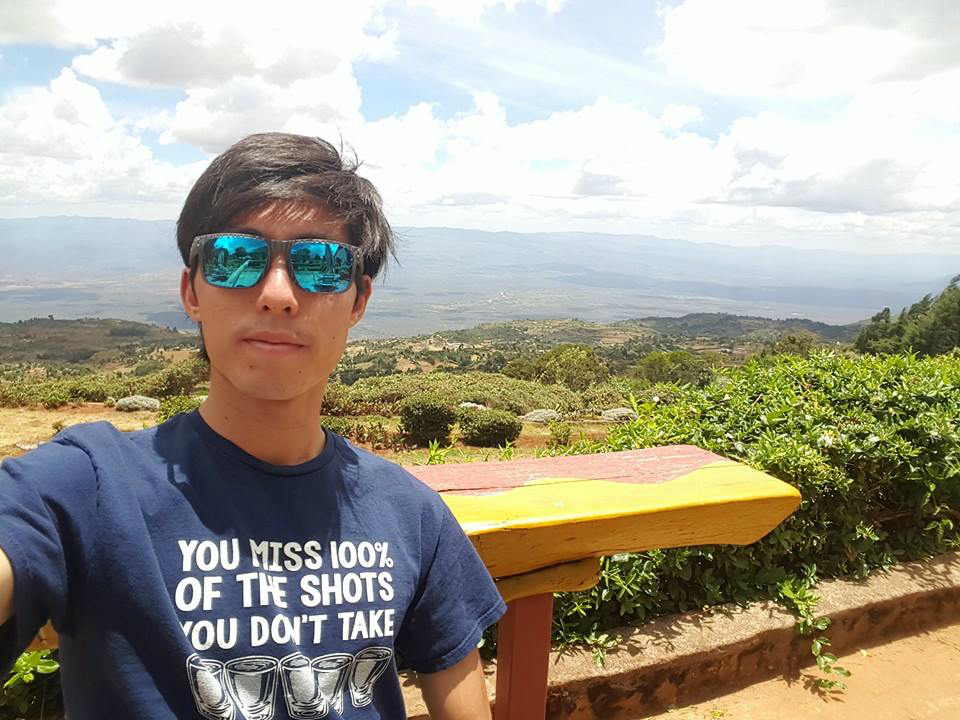
Leave a Comment